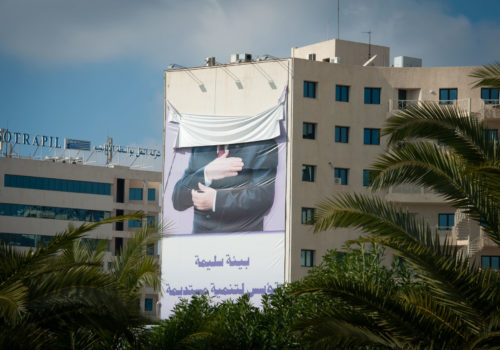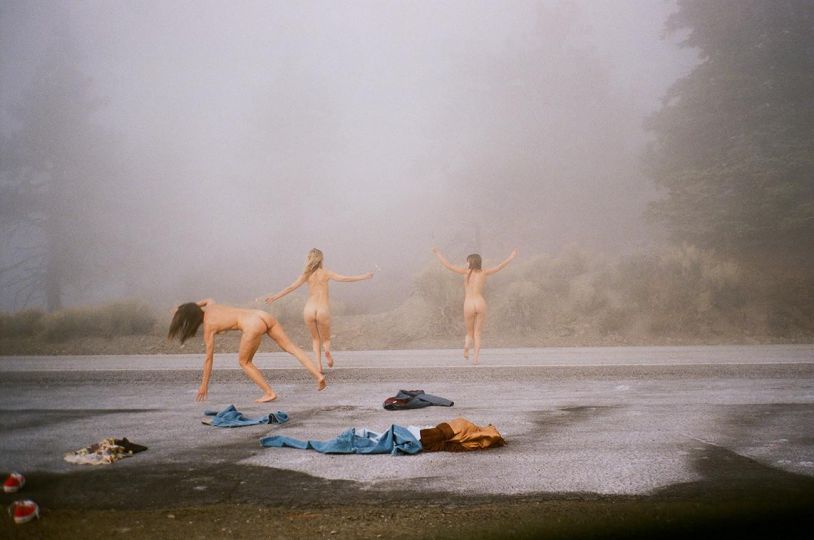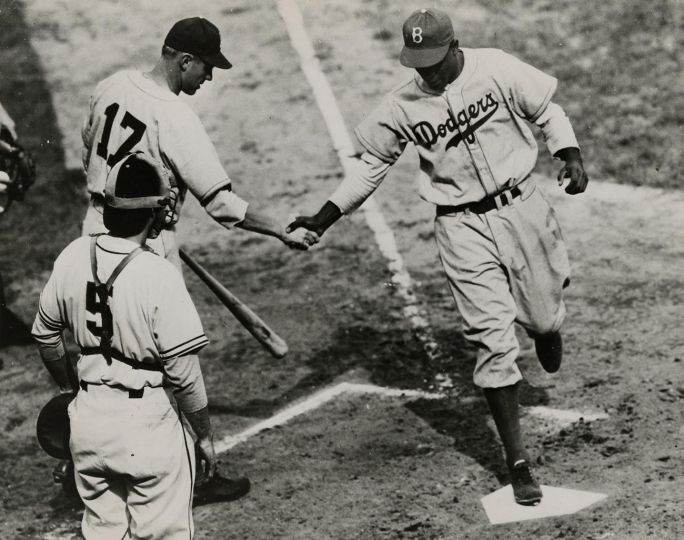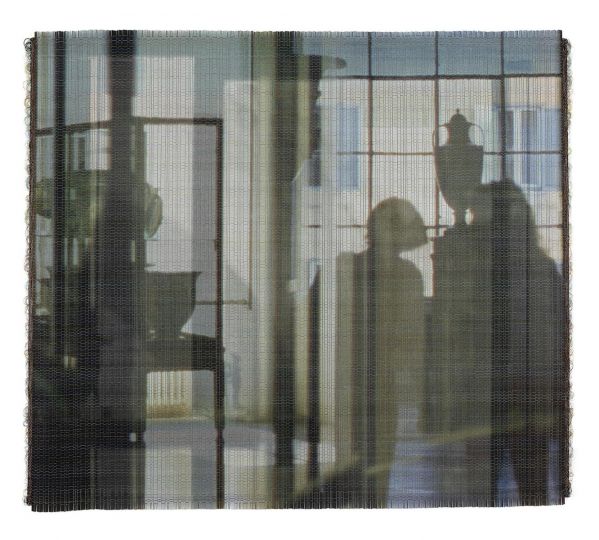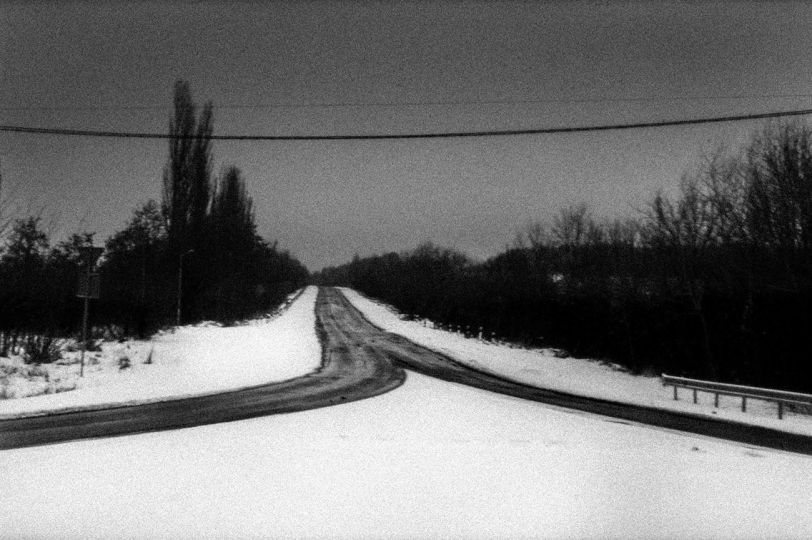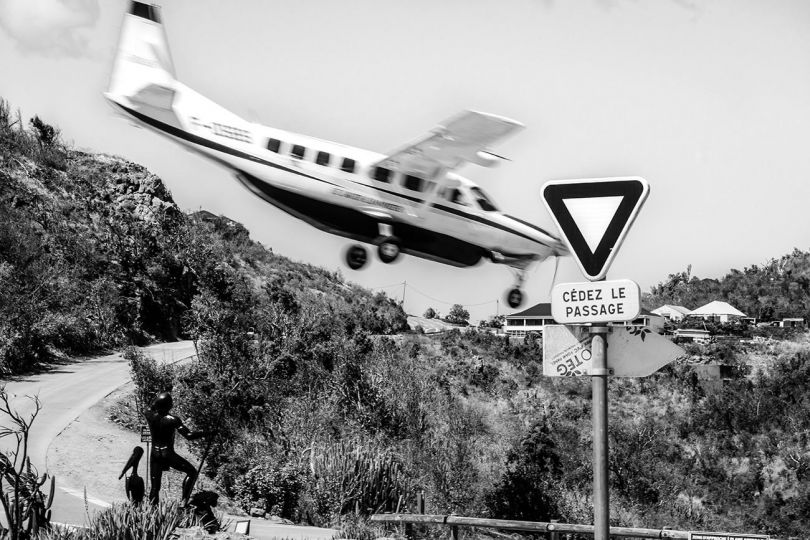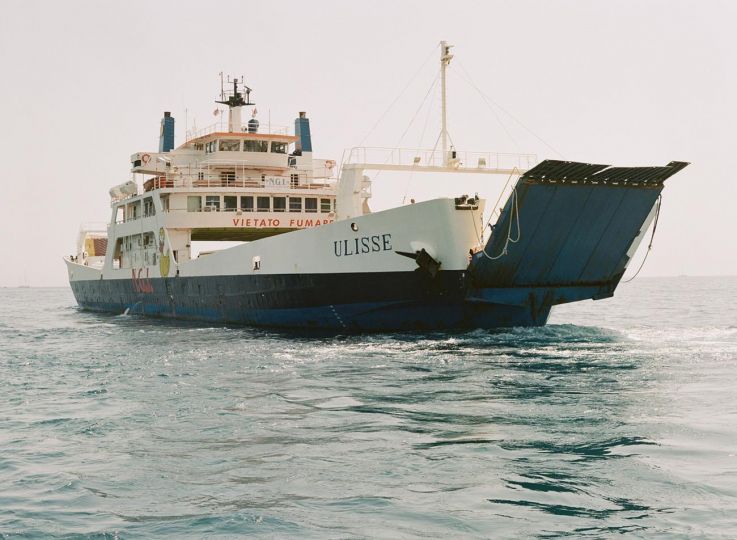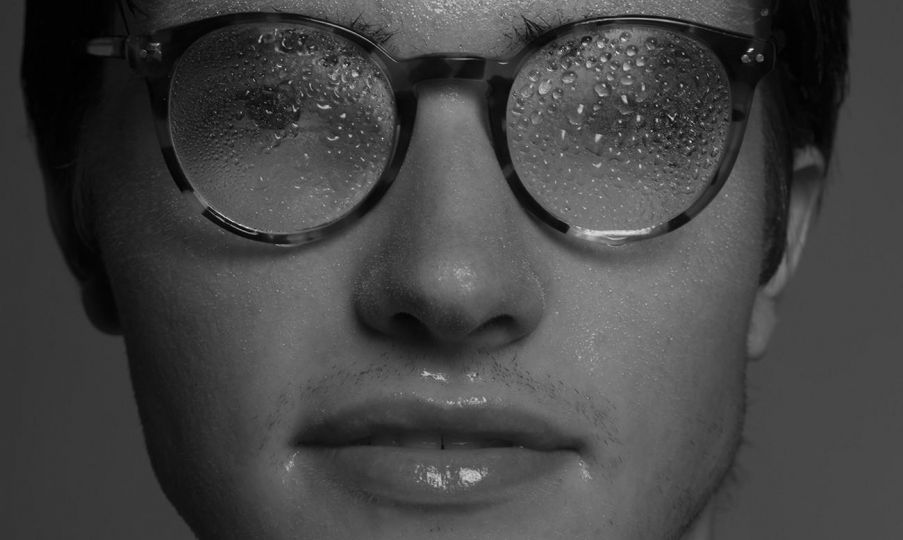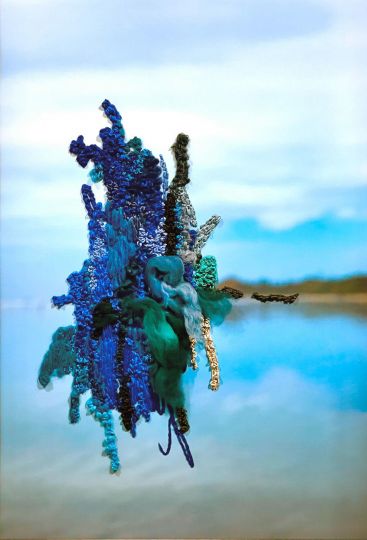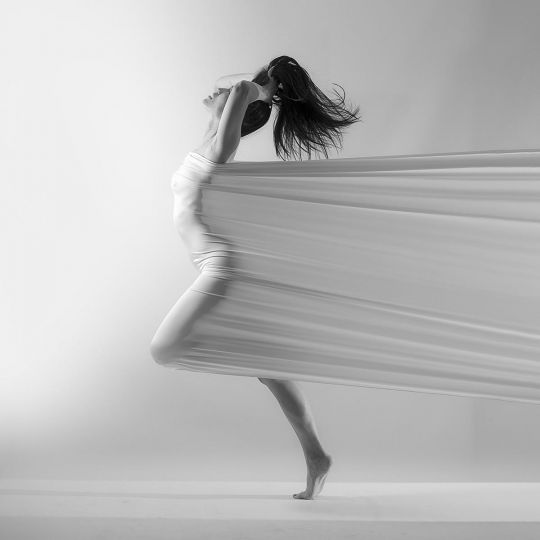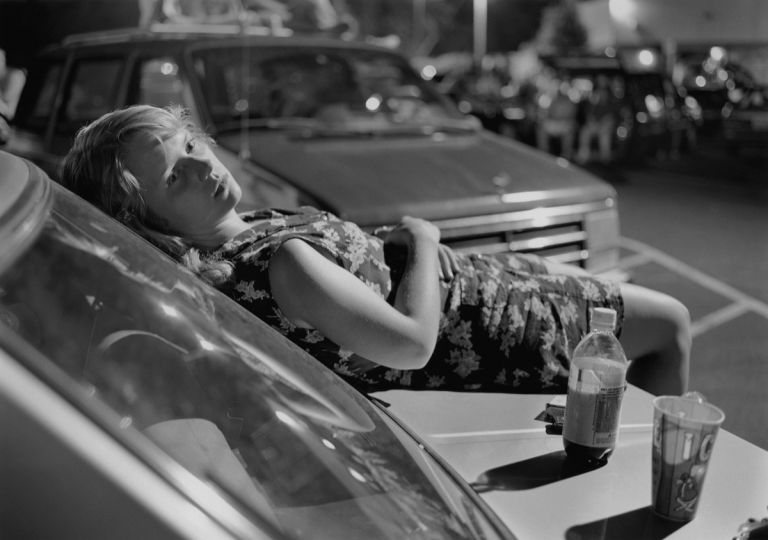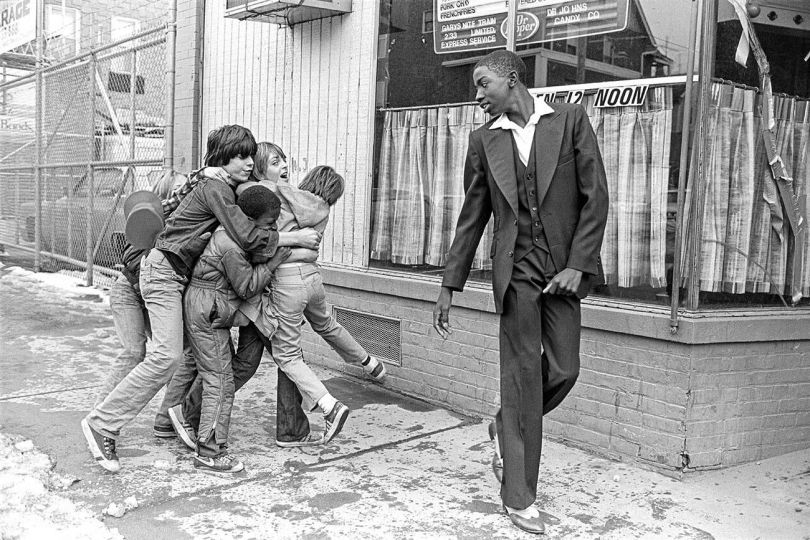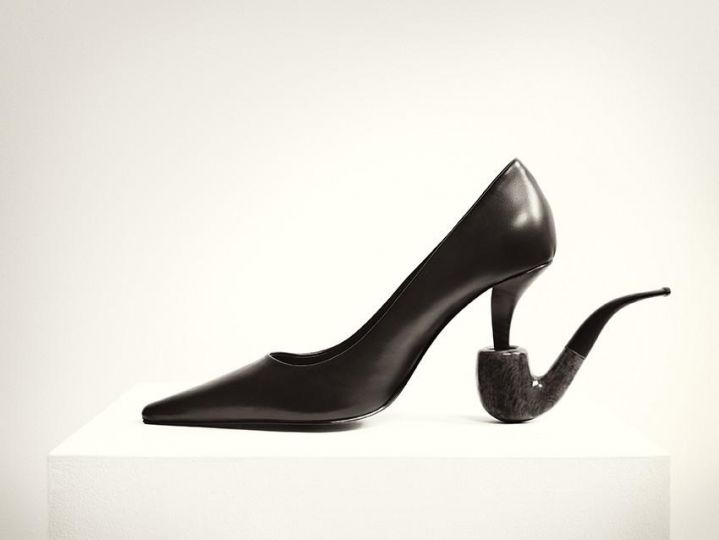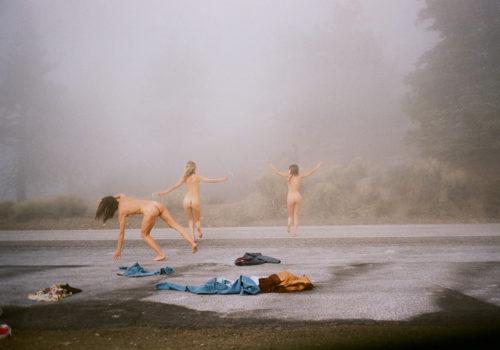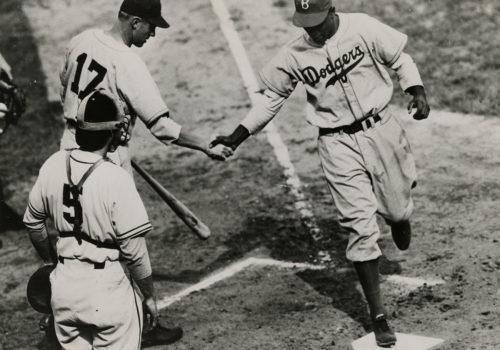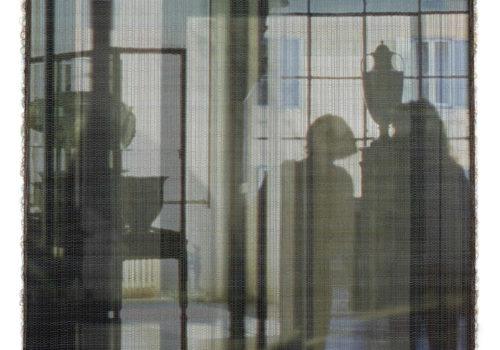His father, Henri Bureau, is a photojournalistic legend. For more than twenty years, he has shared that passion with his son, Martin. Martin now works for the AFP. In the new serie in La Lettre, ”Sons and daughters of…” – where we introduce you to a second generation photographers, he provides us with his exceptional coverage of the Tunisian revolution
Everything went so fast ! We didn’t see it coming. In Thursday evening’s televised speech, President Ben Ali announced that he would not be running for reelection in 2014, hoping that would calm the population’s upheaval after Mohamed Bouaziz’s death on January 4. Bouaziz succumbed to his self inflicted injuries when, after government officials had confiscated this street salesmen’s goods, in hopelessness and revolt, he set himself on fire. A symbol of Ben Ali’s injust dictatorship, his death would spark the Tunisian revolution, bringing an end to 23 years of dictatorship.
Friday evening I was asked to go as reinforcement. In one short day, Ben Ali, who had reigned over Tunisia with an iron fist for 23 years, left office and fled with his family. The unthinkable had just occurred. A state of emergency was declared and a curfew installed. One flight was still available on Friday morning despite the air space shutdown. After a full day in Orly, I took off for the Tunis-Carthage airport. There, my material was confiscated at customs, and, after landing at the airport for curfew, I spent the night in the comfortable marble arrival hall in the middle of 3000 men not snoring, but “sawing” all night long.
The curfew was lifted at 8am, and I jumped in a taxi headed for the center of town to meet up with my colleagues. Army tanks welcomed me to Avenue Bourguiba’s “7 November” square. Black clad police officers with clubs were posted on each street corner, staring as I walked towards the Hotel Africa. It was very tense. In the entryway, I met my colleagues, friends for the most part. Their expressions were sullen, red eyed, stern, a feeling of dread in the air …
Lucas Mebrouk-Dolega, our fellow photographer from the EPA agency, was fighting for his life at the Tunis Hospital. During the previous day’s demonstrations, he was injured on the temple by a tear-gas hand grenade. He lost his left eye and was in a coma. Unfortunately, he would not wake up. He was 32.
After several well placed phone calls, I managed to retrieve my material from customs. On the return trip from the airport, I saw a giant portrait of Ben Ali stretched across a building. A portion had been carefully detached, removing the dictator’s face.
Curfew at 5pm, the avenue Bourguiba emptied for the night at 3pm. While stuck at the hotel, a gunfight broke out between police officers and an invisible enemy, most likely some soldiers fleeing after their leader’s departure. For nearly two hours, gunfire resonated throughout the neighborhood. The hotel phone in my room rang: “This is the reception desk, can you close your window?”.
Sorry.
Monday, the stranglehold was loosening in the street. Soldiers previously rebuffing our presence were allowing us to take pictures of them from a distance. The local police officers remained as threatening as ever.
People were coming and going on the avenue, when at 11am a demonstration began to form. Brush ups with the police were immediate, with tear gas bombs flying as quickly as the clubs. Nothing would stop the people’s determination. They had conquered their dictator, they weren’t going to be intimidated by the regime’s security forces. As they explained to me: “this revolution is the work of the people alone, without anyone’s help. We are alone, without an army, or even a political party. We are proud, no one can ever take that away from us.”
In the street, soldiers protecting government institutions were cheered by passers by. Several days earlier, their chief, General Ammar, had refused to execute Ben Ali’s order to fire into the crowd of demonstrators. They are now considered heros and are the object of admiration.
The demonstrators marched with determination, hummiong the national anthem’s lively rhythm. At each street corner, the group grew in size. Eyes glowing, expressions bearing tears of joy and relief, people finally began to speaking. Everyone had something to say. “France 24?”, No, sorry, I work for the AFP. “That’s OK, welcome to Tunisia!”.
Day after day, I wandered through the Medina. The demonstrations were so relaxed they eventually took on a playful feel. The demonstrators got organized, ate during the demonstrations, maintained order and grew close to the army. The tanks on the Avenue Bourguiba were soon adorned with roses, their cannons transformed into plant holders. The formerly distant soldiers were now posing for pictures with children in their arms. On duty in front of the country’s only political party, the RCD, I saw them tapping their fingers on their rifles to the demonstrators’ reverberating national anthem. The jasmine revolution, soldiers with flowers in their rifles.
Saturday, the police who were formerly pushing us back with clubs were now practically kissing us on the lips. They had let down there uniforms, and were wearing red ribbons on their left arms… they too were demonstrating, and were soon to be joined by the firemen, civil security officers, taxi drivers, lawyers… Avenue Bourguiba was once again full, nothing could now stop the revolution. Direction Kasbah and the government palace.
The Tunisians began talking more and more.
“You are a journalist?”
“Yes”
“Keep talking about Tunisia, it is important for us. Thank you, you are doing good work, put on your helmets and keep working”.
I turned to my colleagues from Le Parisien and the AP, we were so moved. We were often taken aside, we were encouraged, defended… it is so rare.
Above and beyond the pictures I took, this Tunisian revolution was a very moving and exceptional human experience for me. I visited Tunis in 2008 to meet photographers, at the time they were tongue tied, suspicious, closed. Last week, I found a completely different nation, I found them proud, fighters, full of hope and wisdom, but also respectful of their institutions and gains.
I am now dreaming of the day when, perhaps, the Tunisian population will take control of their destiny and will have their first democratically elected president. I will tell my children, like my father once did, a bit of this story, not as it will be described in history books, but how I liked it… Inch Allah!
Martin Bureau

